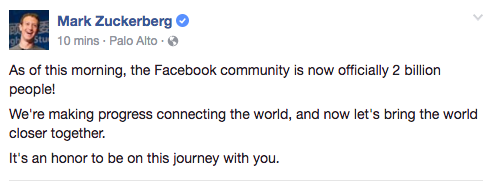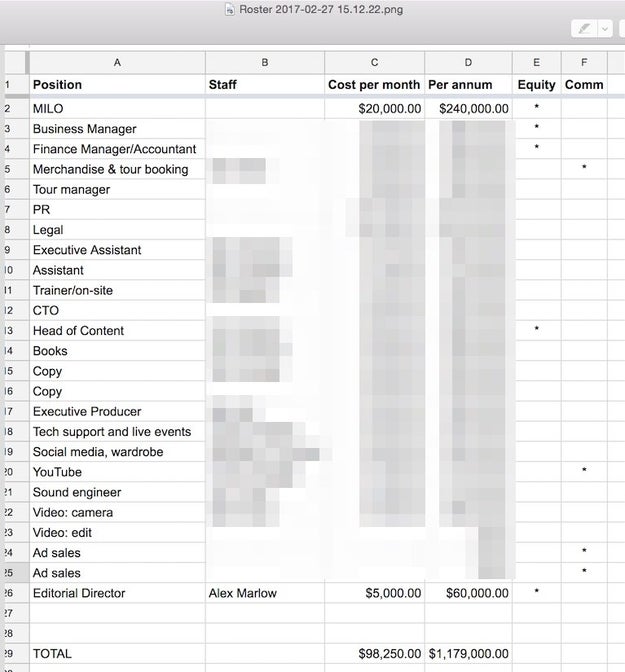A Teacher Is Suing Breitbart And Project Veritas For Defamation

Steve Wentz, the president of a Kansas teacher’s union, filed a defamation lawsuit in Orlando, Florida last week against Breitbart News and Project Veritas, the self-described investigative video site run by conservative activist James O'Keefe.
The 66-page lawsuit concerns a video Project Veritas posted and an accompanying article in Breitbart News from June 2016. In the video, Wentz, who was attending a conference in Orlando, is shown suggesting he's threatened students with physical violence. “Son, go for it and I’ll give you the first shot…I will kick your f***ing ass,” Wentz says in the opening of the Veritas video. The Breitbart article ran with the headline, “O’Keefe Sting — Teachers Union President Brags About Threatening Student: ‘I Will Kick Your F***ing Ass.’”
In the suit, Wentz's attorney alleges that the video — shot by a Veritas reporter — was “creatively edited…to make him appear violent and dangerous.” The lawsuit argues that the recording was made using a “concealed recording device…without Wentz's authorization.” Florida, where Veritas recorded the video, has a two-party consent law that makes it illegal to record a conversation if both parties involved haven't agreed to be recorded. The suit continues to say that Veritas' video and Breitbart's summary omitted “most of the reasoning and all explanatory detail from O'Keefe's story,” which then twisted the purpose of Wentz's words.
Wentz' attorney argues that the actual story he told to the Veritas reporter was part of a “particularly memorable anecdote of an incident when he had feigned force, or used 'tough love,' to connect with and eventually help a troubled student.” The suit suggests that Wentz had since reconnected with the student and that both “agreed to put this incident behind them.” Years later, the suit reads, “Wentz ran into that former student, who gave Wentz a hug.”
The timing of the suit, filed late last week, is perhaps inopportune for Project Veritas, which is in the middle of another big story. On Tuesday morning, O'Keefe and Veritas released a highly edited video of a man purporting to be a CNN producer, disparaging CNN's coverage of the investigation into Trump's Russia ties. Project Veritas has not responded to a request for comment.
As far as Breitbart's involvement, the suit alleges that the Breitbart article is defamatory as it “falsely explains that Wentz met with 'journalists,' when in reality, an individual who faked her identity and recorded Wentz covertly, without his permission, had tricked him.” Furthermore, the suit focuses on Breitbart's decision to append the story with the search tags for “child abuse” and “union corruption.” The suit alleges that when a visitor clicks through the “child abuse” tag, Wentz' photo and name is “sandwiched between a story about female genital mutilation and a mother who starved her children.”

From the Wentz/Breitbart suit.
In a slack message today obtained by BuzzFeed News, Breitbart Editor-in-Chief Alex Marlow notified employees of the suit. “Breitbart just got sued for a story connected to Project Veritas — not today's CNN video — I believe this one was from 2015,” he wrote. “It should go without saying that you should not comment on or tweet about the suit. Forward any media requests to me, Larry, and John Kahn please.”
Currently Wentz and his attorney are suing for unspecified damages to Wentz's reputation and name. Wentz is also suing for any money made by the video, which has 20,000 views as of this writing.
Breitbart has not responded to a request for comment.
Quelle: <a href="A Teacher Is Suing Breitbart And Project Veritas For Defamation“>BuzzFeed
















